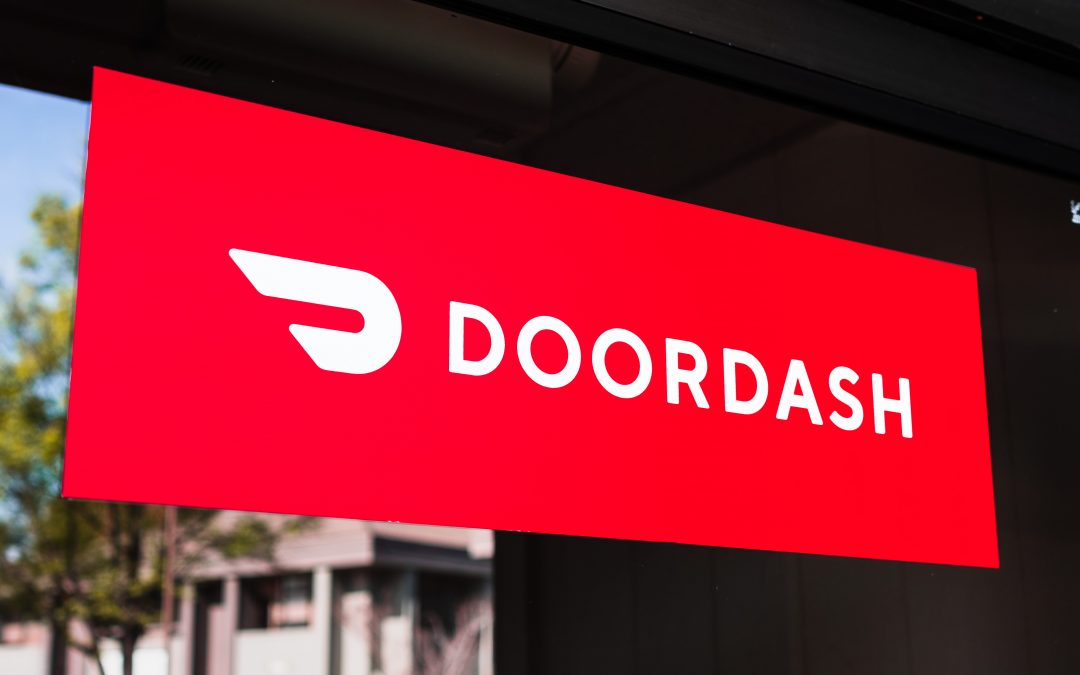DoorDash is partnering with fintech firm Parafin to launch DoorDash Capital, which will offer restaurants convenient access to capital. The company is leveraging its visibility into and control of restaurant delivery revenue to offer cash advances against future business on the DoorDash platform.
Eligibility for the service depends on an opaque measurement of the size and stability of a restaurant’s business on DoorDash. The size of their advance is similarly set. “Each merchant is approved for up to a specific amount for each cash advance based on their sustained sales on our platform,” said Tom Pickett, chief revenue officer for DoorDash.
Operators can check their eligibility in the merchant portal. If there’s an offer, they can accept up to that amount and receive the money in as little as one to two business days.
Repayment is based on performance. DoorDash will automatically deduct a portion of a restaurant’s sales made on the platform. Merchants can customize the repayment terms, including amount advanced, repayment duration and repayment percentage.
DoorDash Capital charges a single fee to access capital, to be applied to the principal and paid off during the course of the advance. DoorDash Capital does not charge interest, according to the company’s website.
Set by Parafin, the fee “is generally less than 11 percent of the offer amount, although the rate is dependent on each merchant’s qualification,” said Pickett. An example on the company’s website shows an 18 percent fee.
More than 1,000 merchants participated in DoorDash Capital’s pilot program, according to a blog post. A company spokesperson said those merchants used the funds “for many business-related expenses, including payroll, marketing, equipment purchasing, opening or expanding to new locations and more.”
“Small-business restaurants have historically had difficulty receiving loans and often don’t know where to turn for fast and fair financial support, as traditional banks have lengthy application processes and often pose strict credit and business history requirements to secure a loan,” said Pickett. The company cited research from the Federal Reserve Bank showing that only 35 percent of small businesses (revenue between $100,000 and $1,000,000) received bank funding in the past five years.
While convenient access to capital is a good thing, DoorDash Capital is likely designed to complement the company’s larger business. For one, more successful partners mean more delivery business. And by tying the capital to business done on DoorDash’s platform, it provides an incentive for restaurants to prioritize DoorDash business at the expense of other third-party providers, such as Uber Eats and Grubhub.
DoorDash Capital is only available in the United States and the company has no plans to expand the service, said Pickett. “We are focused on providing these partners with the best experience possible at this time,” he said.


